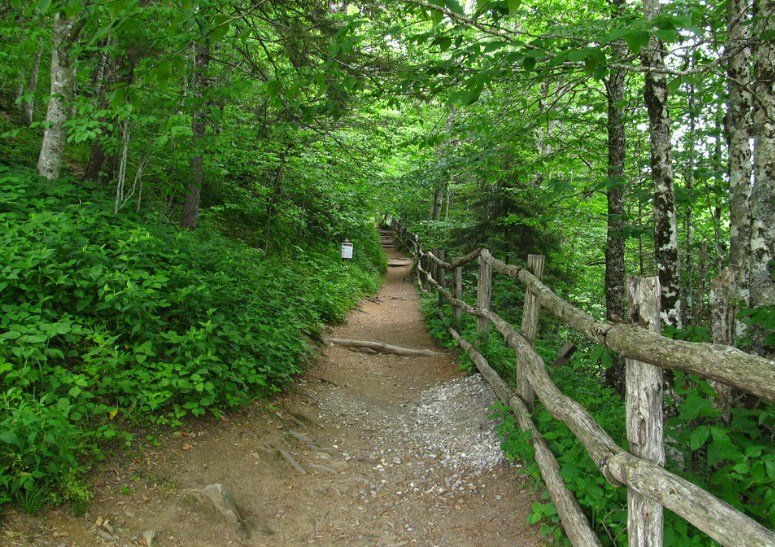Why the change?
From March 1, 2024, visitors to the protected areas of Georgia will have to pay more for their entrance tickets. The Agency of Protected Areas of Georgia announced the price increase on January 26, 2024, citing the need to improve the management and conservation of the natural reserves.
The agency said that the price hike was necessary due to the effectiveness of its activities in both the environmental and ecotourism sectors. The agency also claimed that the new prices were in line with the international standards and the market demand.
How much more?
The new prices vary depending on the type and duration of the visit, as well as the category of the protected area. For example, the daily entrance fee for the Borjomi-Kharagauli National Park, which is one of the largest and most popular natural reserves in Georgia, will increase from 5 GEL to 10 GEL for Georgian citizens, and from 10 GEL to 20 GEL for foreigners.

The annual entrance fee for the same park will increase from 20 GEL to 50 GEL for Georgians, and from 40 GEL to 100 GEL for foreigners. The prices for camping, horse riding, and other services will also increase accordingly.
The agency has published the full list of the new prices on its website, where visitors can also book their tickets online.
What are the reactions?
The price increase has sparked mixed reactions from the public and the stakeholders. Some people welcomed the decision, saying that it would help preserve the natural beauty and biodiversity of Georgia, and encourage responsible and sustainable tourism.
Others, however, criticized the move, saying that it would discourage local and foreign tourists from visiting the protected areas, and negatively affect the income and livelihood of the people who work in the ecotourism sector.
Some also questioned the transparency and accountability of the agency, and demanded to see how the revenue from the ticket sales would be spent and allocated.
What are the implications?
Georgia is home to more than 80 protected areas, covering about 10% of its territory. These areas include national parks, nature reserves, natural monuments, and wetlands, which host a rich variety of flora and fauna, and offer scenic landscapes and recreational opportunities for visitors.
The protected areas are also important for the environmental, social, and economic development of the country, as they provide ecosystem services, such as water regulation, climate mitigation, and soil protection, as well as generate income and employment for the local communities.
The price increase for the entrance tickets is expected to have an impact on the demand and supply of the ecotourism services, as well as on the conservation and management of the protected areas. The agency said that it would monitor and evaluate the effects of the change, and adjust its policies and strategies accordingly.
